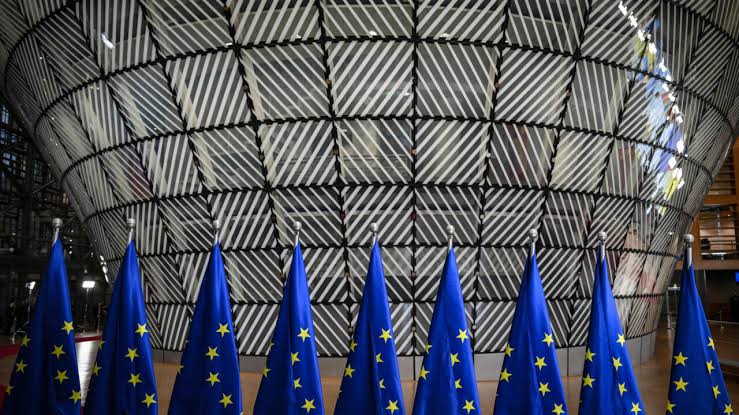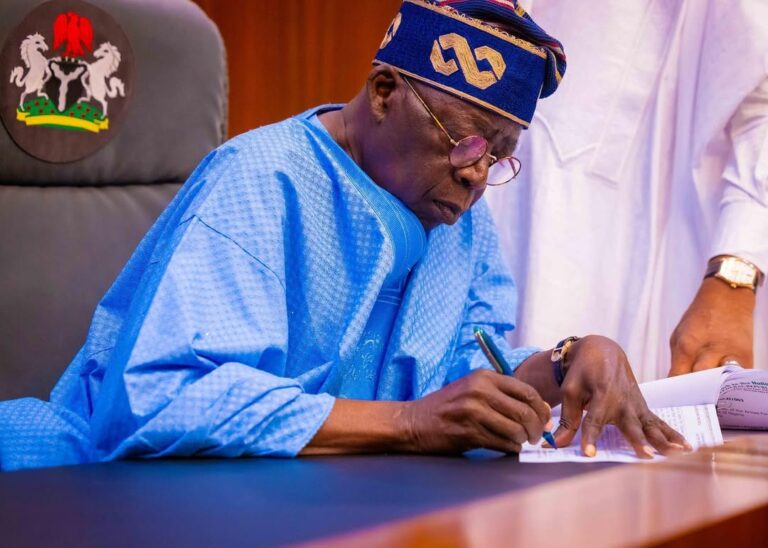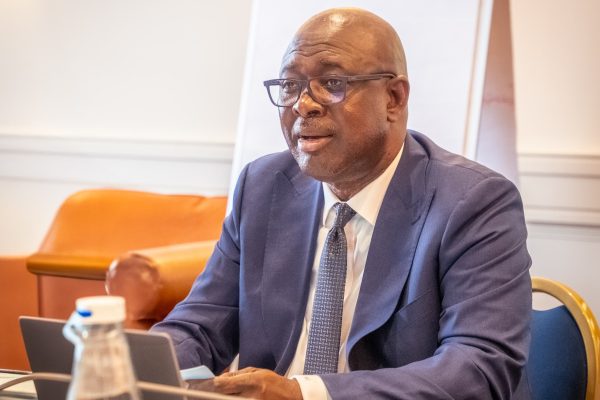
European Union leaders gathered in Brussels on Monday cautioned that there would be no beneficiaries in a trade conflict with the United States, asserting they would respond if President Donald Trump enacts tariffs.
French President Emmanuel Macron emphasized that the European Union must exhibit its strength if US President Donald Trump follows through on his threats to hit the bloc with a series of tariffs.
“If we are under attack in terms of trade, Europe – as a legitimate power – must stand up for itself,” Macron stated.
The leaders of the EU’s 27 member countries convened in the Belgian capital with the British prime minister and the NATO chief to discuss strategies for enhancing Europe’s defenses against a belligerent Russia, as Trump urges American allies to increase their spending.
However, these discussions were overshadowed by Trump’s decision to impose tariffs on Canada, Mexico, and China – with the US leader indicating the EU could be next in line.
Poland’s Prime Minister Donald Tusk, whose nation currently holds the EU presidency, remarked that everything possible should be done to avert a “completely unnecessary and foolish” trade war.
Trump has openly expressed his disdain for the EU, accusing it of treating the United States “very, very unfairly” regarding trade.
After imposing tariffs on North American partners and China, Trump reinforced his intentions on Sunday by declaring he “definitely” intends to target the EU in the near future.
German Chancellor Olaf Scholz stated that a trade conflict would be detrimental for both the US and Europe, with transatlantic “cooperation” being more beneficial for both parties.
“We can also respond,” he added, breaking from Germany’s usual cautious stance on trade relations with the transatlantic alliance.
“We require America, and America requires us as well,” echoed Kaja Kallas, the EU’s top diplomat, stressing that there are “no winners in trade wars.”
On Sunday, the European Commission announced it would retaliate “firmly” if Trump targeted the EU and condemned his sweeping actions against Canada, Mexico, and China.
“Tariffs lead to unnecessary economic disruption and contribute to rising inflation. They negatively affect all parties involved,” stated a spokesman for the commission.
Prior to this, Brussels had expressed a desire to avoid a trade conflict with Trump through discussions.
Subsequently, European Council chief Antonio Costa engaged in a late-night phone call with Canadian Prime Minister Justin Trudeau.
“Both leaders highlighted the significance of the EU-Canada bilateral relationship and reaffirmed their commitment to continue working together,” an EU official reported.
Following Trump’s re-election in November, Brussels has been striving to diversify its trading relationships, recently announcing both an enhanced trade agreement with Mexico and the resumption of negotiations for a free trade deal with Malaysia.
During his first term in 2018, Trump imposed tariffs on European steel and aluminum exports, prompting the EU to implement its own increased duties in response.



